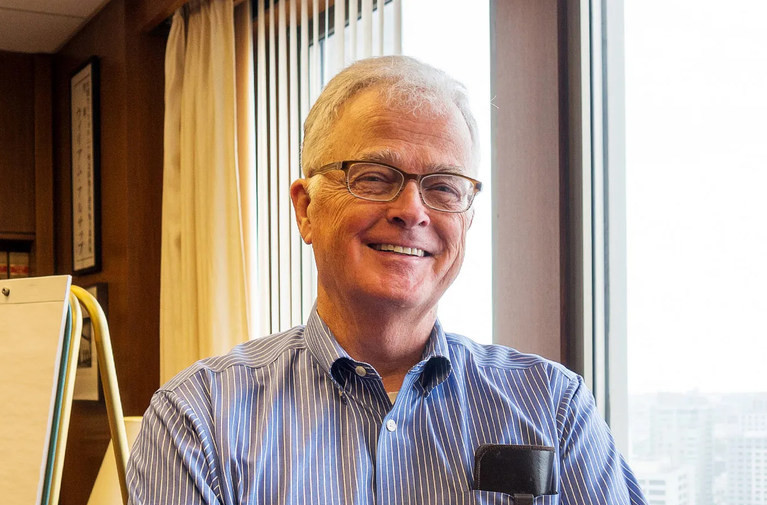Federal Judge Probes $1.5 Billion Anthropic AI Settlement with 34 Piercing Questions
In a stunning courtroom twist, a federal judge has slammed the brakes on what could be the largest AI copyright payout ever. Lawyers now face a barrage of 34 questions before the $1.5 billion deal between AI giant Anthropic and aggrieved authors moves forward.
Courtroom Drama Unfolds
U.S. District Judge William Alsup presided over a heated hearing on September 8, 2025, in the Bartz v. Anthropic class action lawsuit. He postponed preliminary approval of the settlement, voicing frustration that attorneys left key issues unresolved.
Alsup criticized the agreement’s handling of a 465,000-book works list, class notifications, and claim forms. He felt “misled” by the rushed timeline and questioned how multiple claimants—such as co-authors or publishers—would navigate opt-outs without sparking disputes.
Parties must submit a finalized works list by September 15, with the next hearing set for September 25. If concerns persist, the case heads to trial on December 1, 2025.
Background: AI’s Piracy Allegations
The lawsuit stems from accusations that Anthropic illegally scraped hundreds of thousands of books from pirate sites like Library Genesis and Pirate Library Mirror. These texts allegedly trained its Claude AI model, infringing copyrights.
Filed in July 2025, the case highlights growing tensions in the AI industry. Similar suits target OpenAI and Meta, but Anthropic’s proposed $1.5 billion payout—equating to about $3,000 per book—marks a potential milestone.
Anthropic, founded by ex-OpenAI executives, emphasizes ethical AI. Yet critics argue this settlement sidesteps the core fair use debate: Can AI firms train on copyrighted works without permission?
Expert Opinions and Public Backlash
Legal experts weigh in heavily. Authors Guild CEO Mary Rasenberger defended her group’s role, insisting it ensures transparent representation for authors without financial gain. AAP CEO Maria Pallante echoed this, urging the court to grasp publishing complexities.
Author Steven Levy, in a Wired op-ed, shifted from ambivalence to support: “Paying authors feels like the right thing to do.” He highlighted potential windfalls for creators whose works fueled AI advancements.
Public reactions mix outrage and pragmatism. Former President Donald Trump dismissed payouts as “not doable,” while AI advocate David Sacks warned fair use rulings are vital to U.S. tech dominance over China. Ex-NSA counsel Stewart Baker suggested national security justifies limited compensation.
On social media, users debate AI ethics, with some authors celebrating potential royalties and tech enthusiasts fearing innovation stifles.
Impact on American Innovation and Economy
This case ripples through U.S. tech and creative sectors. A approved settlement could boost authors’ incomes, injecting billions into the economy. However, rejection might escalate legal battles, hiking AI development costs and slowing advancements in fields like healthcare and education.
For everyday Americans, it underscores AI’s double-edged sword: transformative tools like Claude enhance productivity, but unchecked data use threatens intellectual property rights. Politically, it fuels debates on regulating Big Tech amid global competition.
Looking Ahead: Settlement or Showdown?
Judge Alsup’s scrutiny ensures fairness in this landmark deal, but unresolved questions loom large. If approved, it sets a precedent for AI accountability; otherwise, a trial could redefine copyright in the digital age.
As deadlines approach, stakeholders watch closely. The outcome may shape how America balances innovation with creators’ rights for years to come.
(Word count: 512)
anthropic ai settlement, judge alsup anthropic questions, ai copyright infringement lawsuit, $1.5 billion anthropic deal, authors vs ai companies, bartz v anthropic case, ai training data piracy, fair use ai debate, anthropic claude copyright, us tech innovation china
